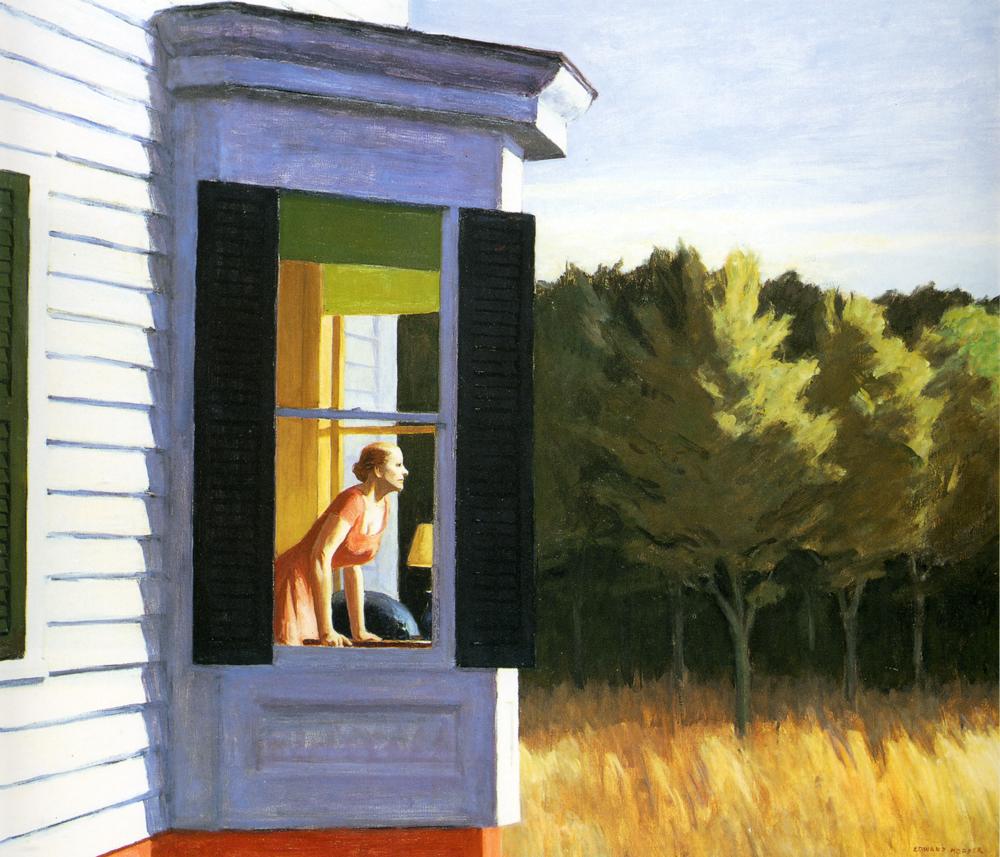The Open Door
for my ancestors and our children
i wasn’t there…..i didn’t stand at the threshold
of the open door…..my back wasn’t wracked
beneath a ceiling so low even children lay prone
my spirit wasn’t riven…..i wasn’t cowed
bloodied……..shamed……..no one stripped me
of my name…..i wasn’t there…..i wasn’t at Goreé
or anywhere along that shore
i was born inside the golden door
and i’m here by grace standing on the shoulders
of women and men stout in spirit fierce in soul
and oh by the blessed sanctity of God
though i wasn’t hounded through that open door
or driven to cross a merciless sea i still
have the sting of salt in my soul nightmares
of a watery grave…..i still search furtively
for signs of my tribe outstretched hands a cool
drinka water calabash smile……i still tread softly
muted by the glare of ghostly strangers…….i still push back
the rising bile when a glassy-eyed elder looks too long
or wide…..i’ve learned to question all kinds of kings
to stand firm on the laps of queens…..some days
i can’t tell the difference and fall to my knees
dragged down by the tide all over again
“The Open Door” is reprinted from Gathering Ground (University of Michigan Press); The Open Door (Red Oak Press).
Gloria Burgess’s poetry celebrates the spiritual and evocative oral traditions of her ancestry—African, Native American, and Celtic. Her poetry appears in diverse publications, including The Ringing Ear: Black Poets Lean South, Gathering Ground, The Open Door, and Journey of the Rose. In her latest book, Dare to Wear Your Soul on the Outside, she weaves in threads of inspirational poetry, narrative, and reflections, along with the touching story of her father’s life-changing relationship with Nobel Laureate William Faulkner. www.gloriaburgess.com

